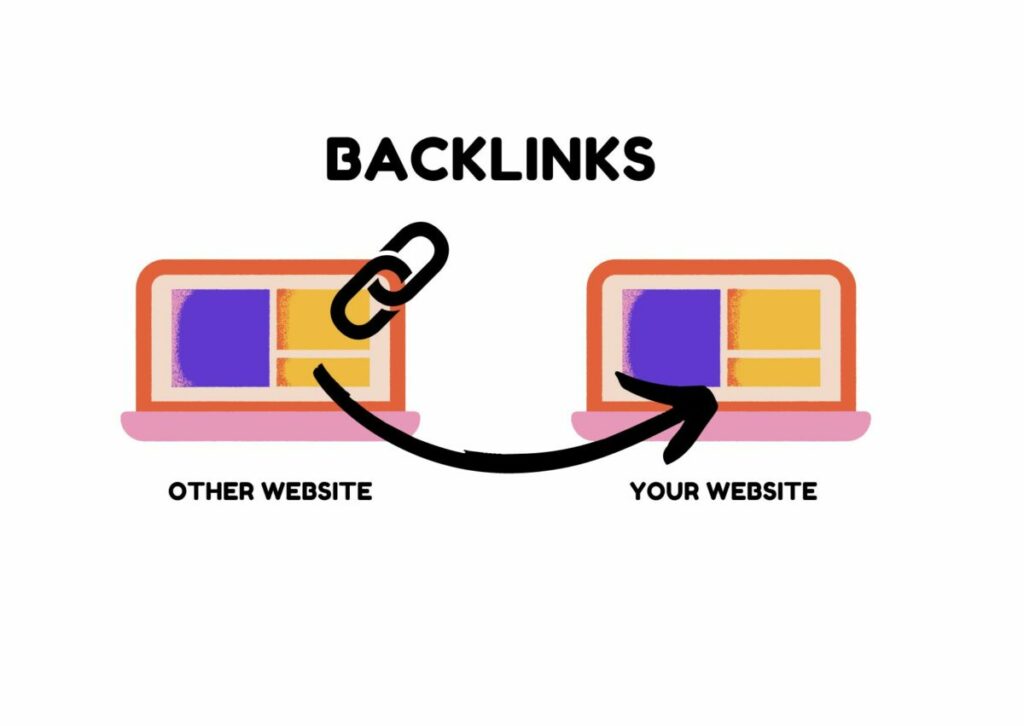If you want to build effective backlinks, then the golden rule is to use the two R’s:
1. Make sure that it is Relevant
2. Make sure it is Related
The easiest way to determine and find this information is by using a tool like Backlink Agent.
It’s no good creating a great-looking website, blog or landing page, then running around and posting in “general forums” hoping and not understanding why your link page is not receiving any hits!
If you want to drive qualified, high quality and most importantly “interested” traffic to your pages then it has to be both relevant and related.
So how does a tool like Backlink Agent work?

Well, take a case of using forums to build backlinks (forums are an excellent source of quality links), and let’s say you have an affiliate link to a great product that gets rid of acne scars. You simply type in the search term “get rid of acne scars” and select forums, and back comes listings from over 14,000 references to that search term.
That’s 1000’s potential customers for your great acne scar removal product, this is what I call the “rifle” approach to finding people as opposed to the “shotgun” approach that so many people use, often accompanied by spending vast amounts of money on advertising
The best part of using forums to build great backlinks is that it is Free!

In the eyes of the search engines your website, blog or landing page’s popularity is measured in part by the number of backlinks that it has accumulated over time.
This will help your page rank and as your page rank rises so does the overall Authority of your website, which in turn is recognised and rewarded by the search engines.
Hopefully, this has given you an insight into both the importance of creating relevant and related backlinks and also shown you that there are tools like Backlink Agent that can speed up your research time and show you how to build backlinks the easy way!
Related Resources

